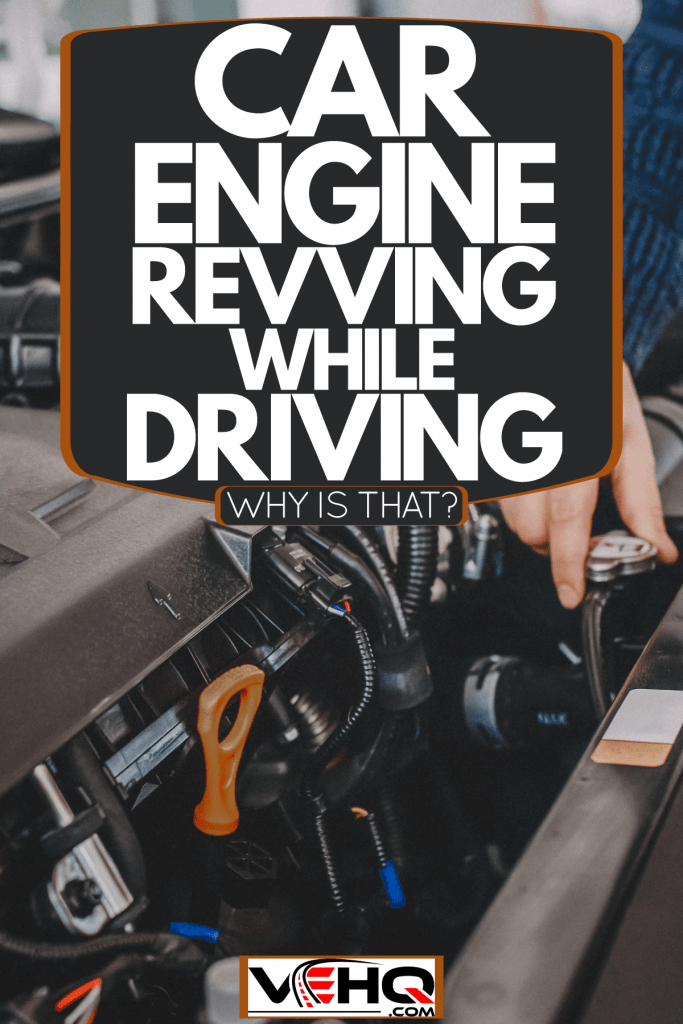One of the scariest experiences while driving is hearing a noise come from your car and not knowing where it's coming from. Do you have a car that seems to randomly kick up the RPM while you're behind the wheel? If you do, you're going to want to read ahead because it might be time to get off the road! Luckily, we've looked into this for you, and we have some very helpful information to share.
If you hear revving while driving your car, then the issue is likely one of the following:
- Transmission Issue
- Dirty Fuel Injectors Or Air Filters
- Vacuum Leak
- Timing Belt Issue
- Worn Spark Plugs
- Broken Idle Control Valve
- Faulty Speed Sensor
Now, a couple of these issues are significant but don't fret yet; most of them really aren't something to worry about too much.
So if your car engine is revving while you're driving, you are going to want to read on as we may be able to help you learn why this is happening to you. We'll further discuss these reasons and tune in on other important information regarding your car revving and jerking. It might be in your best interest to make the mechanic your destination the next time you go driving.
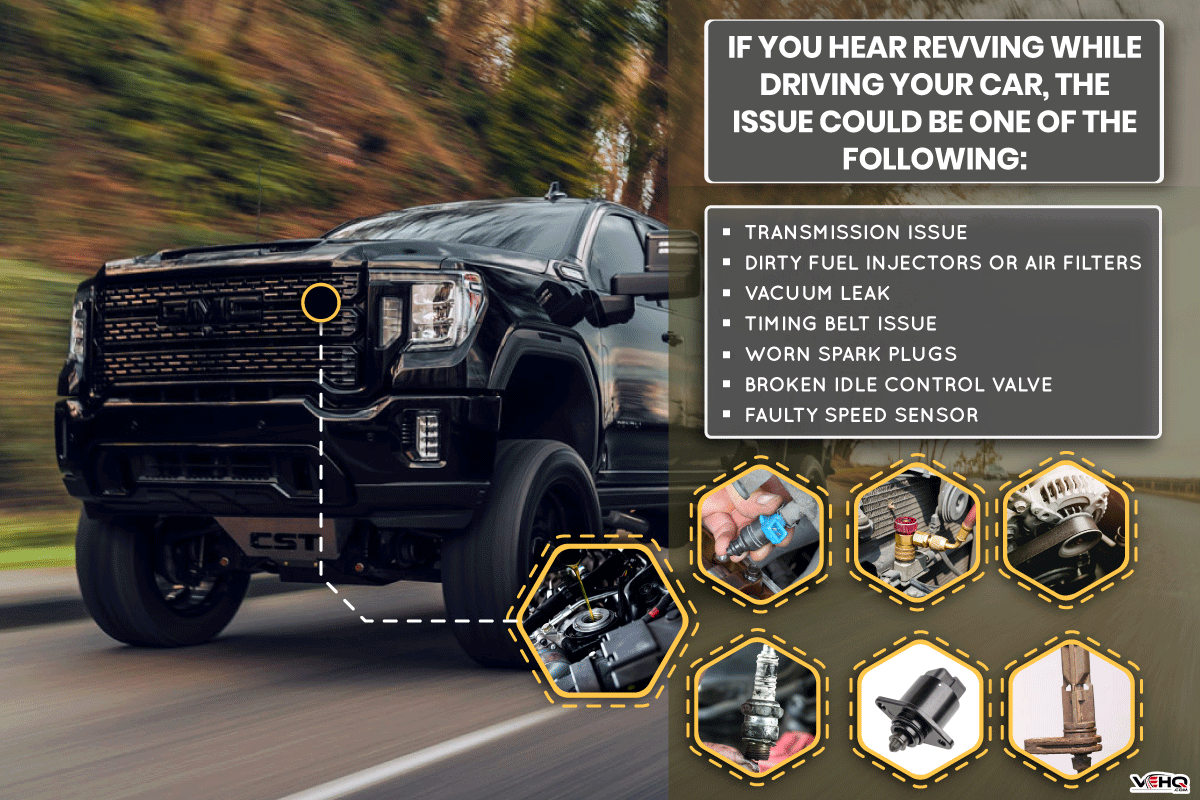
Potential Issues
Transmission Issues
This is a big one. The transmission transfers power from the engine to the driveshaft and wheel axles. If your transmission is starting to break down, you'll notice a lot of new issues, and one of them will be your RPM. If the transmission is unable to provide power properly, more force will be needed in the engine, causing the RPM to jump. If this is the issue under your hood, you'll most likely have more issues than just revving while driving. We'll talk more about the transmission more later on in the article.
Dirty Fuel Injectors Or Air Filter
Fuel injectors spray fuel with precise angle, timing, and amount so that it can mix with air and combust in the engine. When they get dirty, they can overspray fuel into the intake. This improper mix will cause a surge to decrease acceleration significantly. As an effect, your car must reach a higher RPM to accelerate, causing the engine to rev while driving. The dirty fuel injectors can also cause a few other issues, such as the engine misfiring or a drop in gas mileage.
On the other side of the intake, you have the air filter letting in air to the engine for the combustion process. If the air filter is dirty, it won't let in as much air, which will again decrease acceleration and spike your RPM. Like the fuel injectors, a dirty air filter can reduce your mileage and make your car's idling much rougher.
Thankfully, both of these problems are inexpensive fixes and won't hurt your pockets too much.
Vacuum Leak
This has to do with the previous issues we talked about. When your engine is running, a vacuum is created inside the intake manifold where the air and fuel mix. If there is a leak, you will have the same issues as with the injectors and air filter, higher RPMs. It will slow down acceleration, and at this point, you know what that means. If you have a vacuum leak, you may hear a high-pitched noise coming from your engine.
Timing Belt Issue
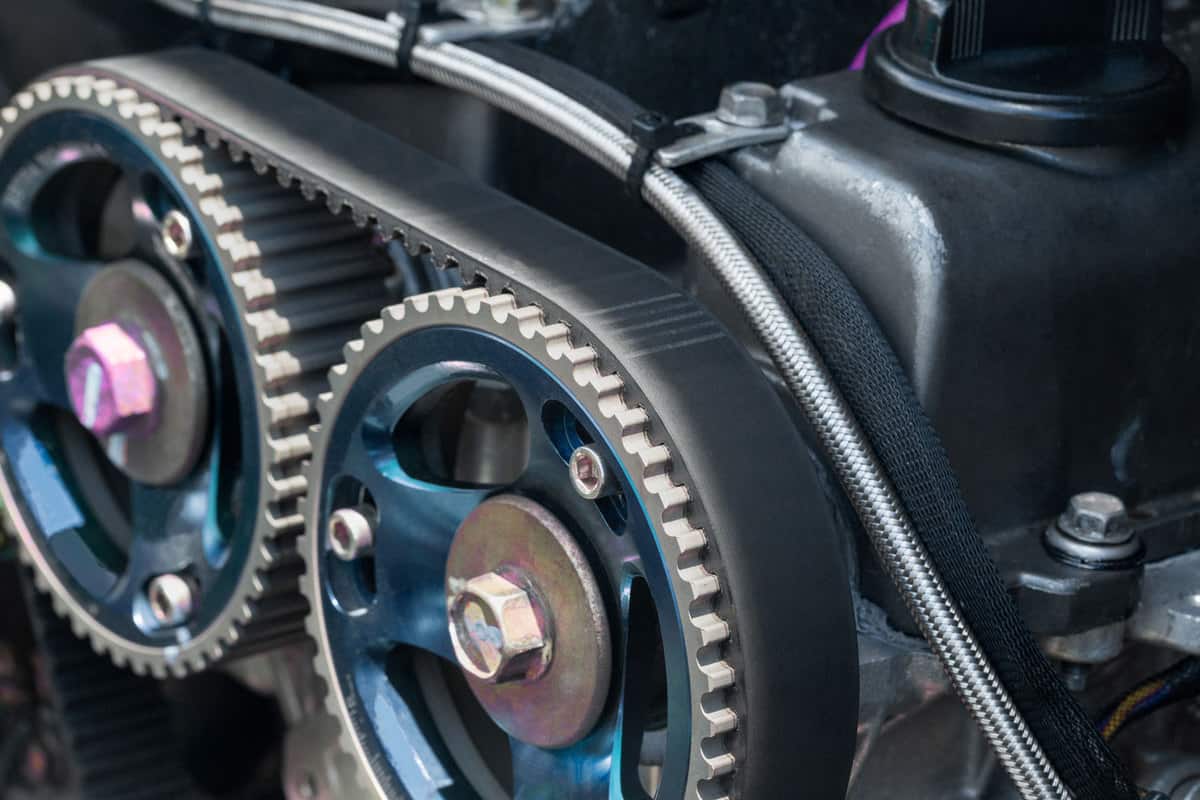
The timing belt in your engine synchronizes the camshaft and the crankshaft, making it so that air and gas can be let in and out in perfect timing with the movement of the pistons. If the belt starts to wear down, it can have a harder time gripping the gears. If it's just minor wear and tear, you may notice your RPM acting funky above 2,000, and it may go up and down erratically. If the problem is worse, like the belt is missing teeth, then this can sharply drive up the RPM or prevent the car from even starting.
Worn Spark Plugs
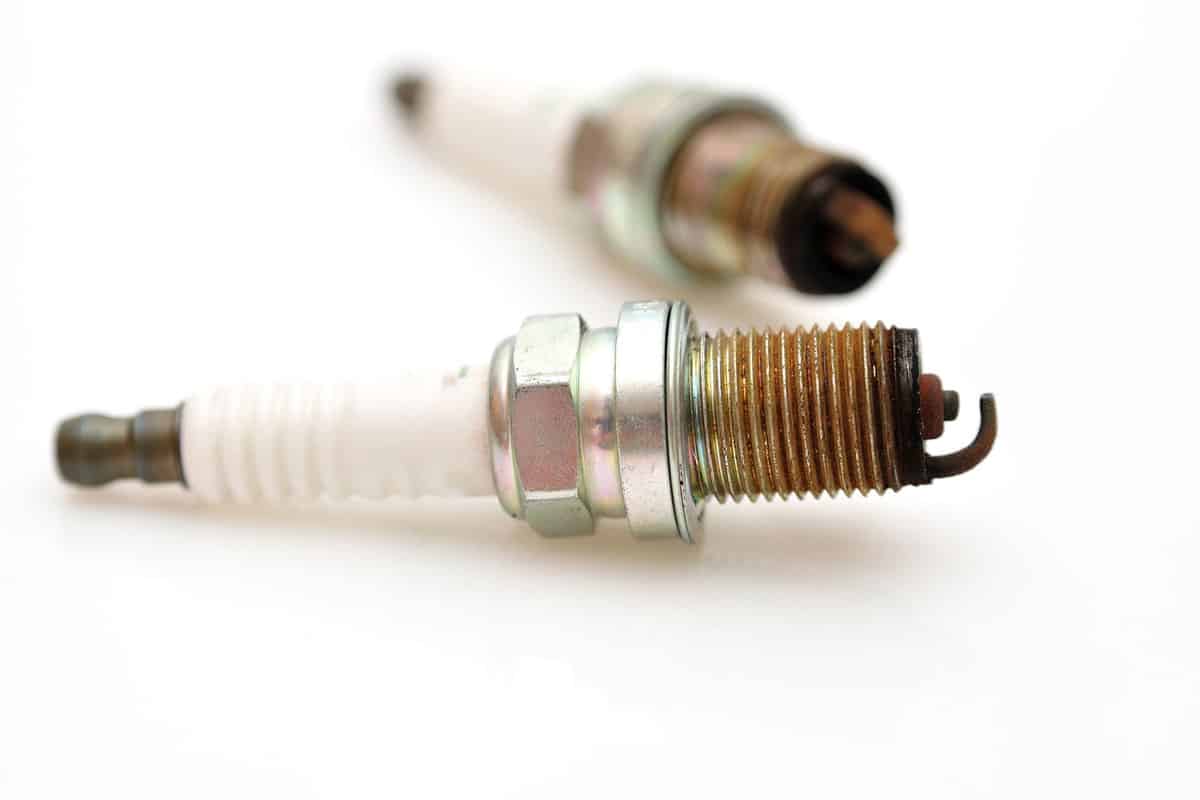
The spark plugs are what initiate the combustion in your car's engine. When they start to wear out, it can cause the fuel and air mix to burn unevenly, which leads to less combustion and less acceleration as the fuel is not being properly utilized. Other symptoms caused are rough idling, engine misfiring, and reduced fuel efficiency. Getting your spark plugs replaced can be costly, but it is very important to the engine's combustion process.
Broken Idle Control Valve
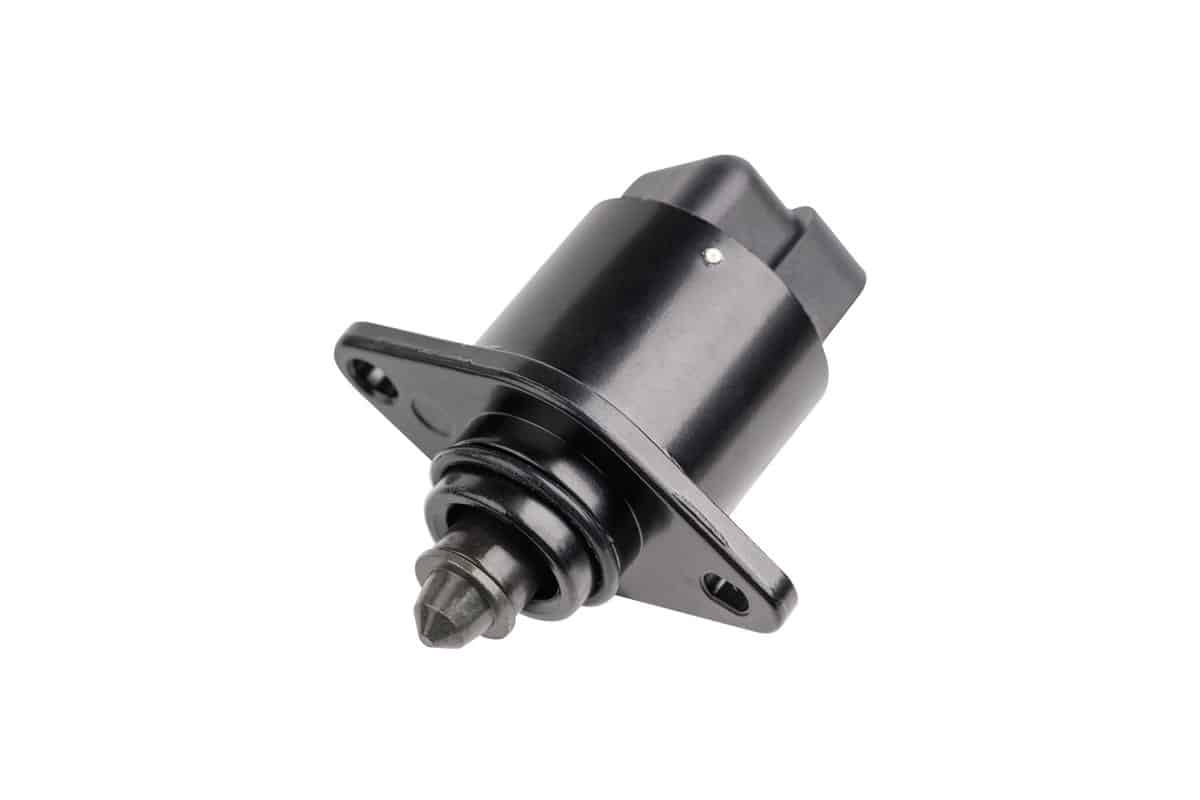
This control valve regulates your engine's idle speed, and if it breaks, it will leave you with a lot of problems, potentially rendering the car unable to drive. One of these symptoms is that your engine will be unrestrained in its rotational speed. As such, you might see your RPM drastically rise, even when the car isn't moving. This could also cause your engine to stall because it isn't able to maintain idling. Depending on your car, this problem could be either relatively cheap or expensive to solve.
Faulty Speed Sensor
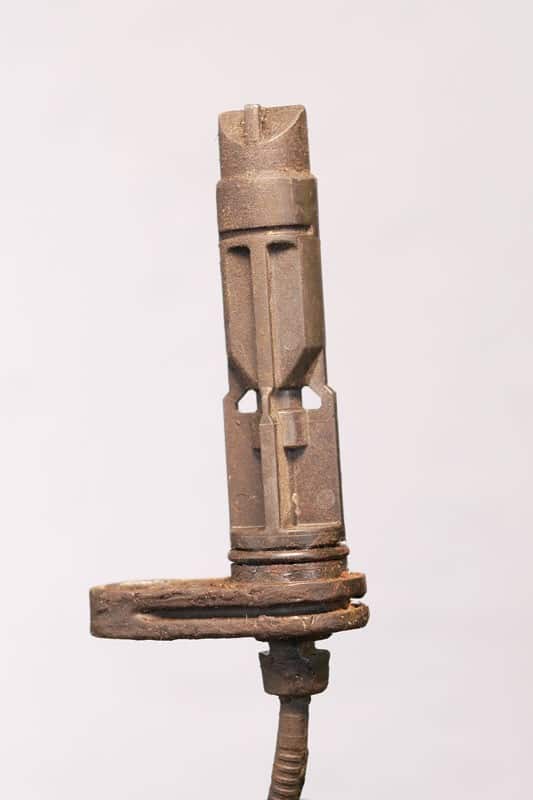
The engine speed sensor communicates the crankshaft's rotational speed to the rest of your car. If this sensor is going out or broken, it may be relaying false information, leading to the car not being able to shift properly. It can read the RPM lower than in actuality, causing the power to kick up and the engine to rev. The issue can get so bad that it will never read the speed as high enough to shift to higher gears, and instead, the engine will just increase to a speed that can be dangerous for the engine.
What Is Normal RPM While Driving?
Many tachometers have some sort of red-line indication around the 6,000 RPM mark or beyond. That is because this speed of revolutions could seriously damage the vehicle's engine. Of course, your RPM will rise when accelerating, but the normal sweet spot for quickly accelerating is around 3,500 to 4,000. At lower speeds, you should expect to see somewhere around 2,000 RPMs. When idling, your car will most likely show 700 to 1,000.
When talking about this, you must note that it is very difficult to truly gauge the correct RPM for your car because it varies between cars and traffic situations. A general rule is that smaller engines usually need higher RPMs to perform.
Does High Revs Damage The Engine?
So we just mentioned that when your RPM is above 6,000, you're getting into dangerous territory, but what about when it's just revving for a few seconds? While having exceedingly high RPM for extended periods of time can be dangerous, a few strong revs won't majorly impact the engine.
Manufacturers even stress test engines by revving them hard. However, the higher the RPM, the higher the stress in the engine and the more chance of failure occurring. If your vehicle's engine manages to rev way too fast, it could destroy the engine very quickly.
Why Does My Automatic Car Rev High When I Accelerate?
If you're consistently noticing this issue when accelerating, it is most likely your transmission. In automatic cars, the shifting is usually done based on hydraulic pressure and engine speed. When the system is failing, it can take more RPMs to shift. The first thing you should do is check your transmission fluid, and if it doesn't need to be replaced, then get a check of your vehicle done by a professional.
How Do I Know If My Transmission Is Going Out?
Besides a jump in your RPM, there are many other signs that the transmission in your car is failing. If your car isn't starting or is starting slowly, it could be due to the transmission. The gears slipping and not syncing properly is a sure sign of transmission issues.
If you've been smelling something burning when you've been driving, that may be coming from the transmission. If the car shifts really hard and jerks, that may be transmission-related as well. The transmission is a vital component of your vehicle, and when it breaks down, it will create other problems as well, and it will definitely be noticeable.
If you're noticing multiple signs of the transmission failing, you should take the car in for repair immediately, as driving with a bad transmission will damage the car further.
Why Does My Automatic Car Jerk When Changing Gears?
You may be noticing that your car slows down for a second and then lurches forward when the gears shift. This can also happen because of your transmission, which is what is supposed to ensure that the right amount of power is sent to the wheels. You'll want to check your transmission fluid right away and get the transmission itself checked if the fluid level looks good.
What Now?
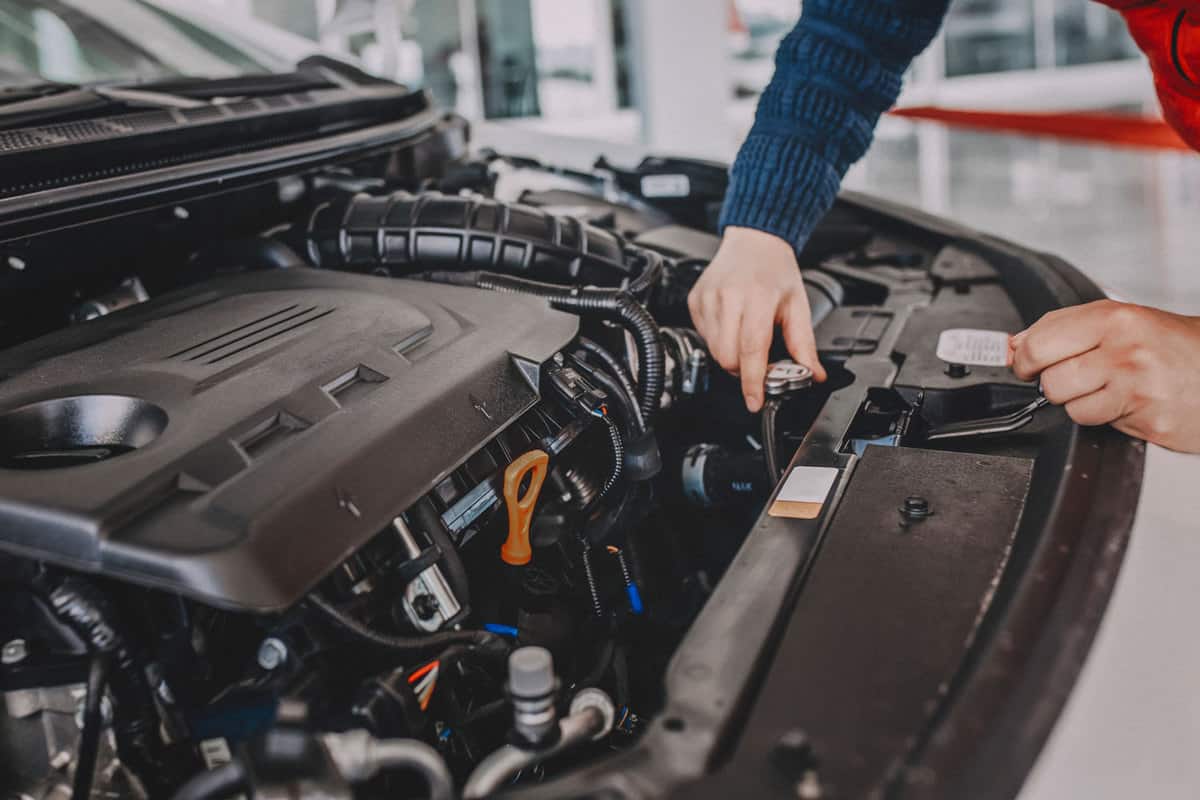
If you're noticing a revving noise while driving, take your car to the shop as soon as possible. So many of the issues that lead to this can have serious consequences if not properly taken care of early on. The last thing you want is for that revving noise to become the noise of your engine completely failing. It might be as simple as an air filter, it might be the early signs of your transmission biting the dust, but either way, it is best to know now.
If you found this article helpful or informative, we're sure you'll be able to find what you need to know in our other articles as well:
